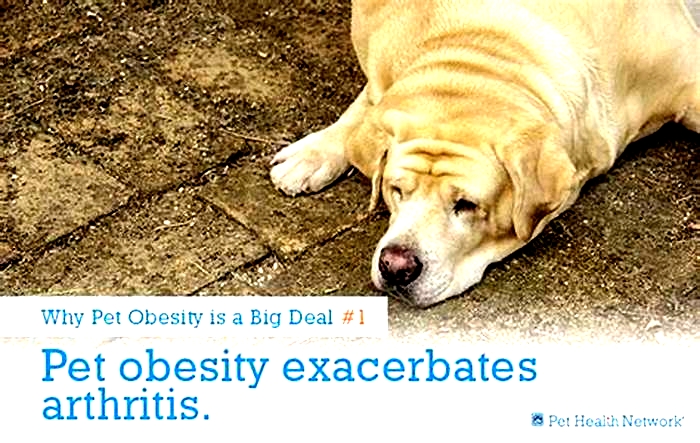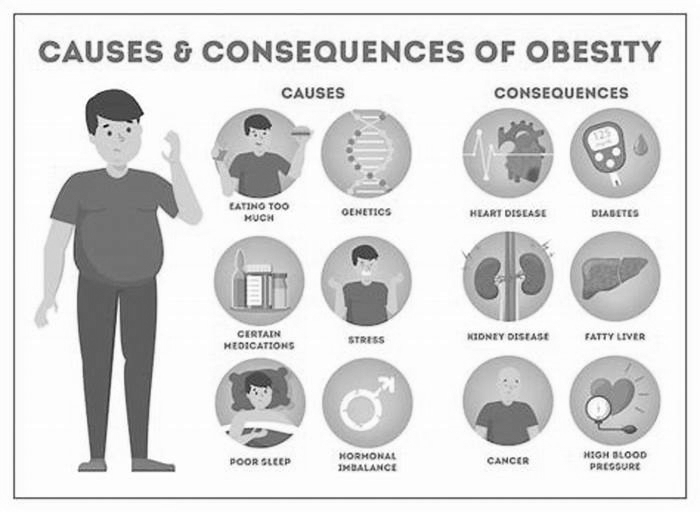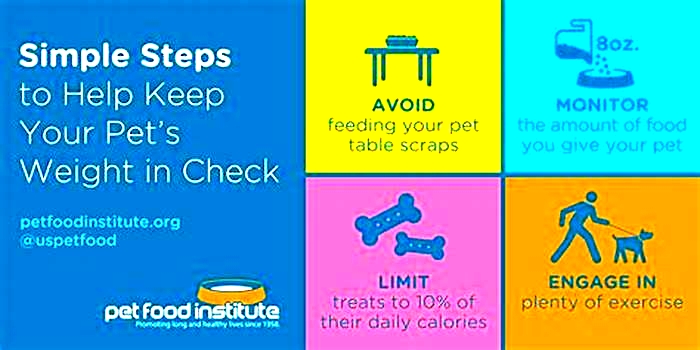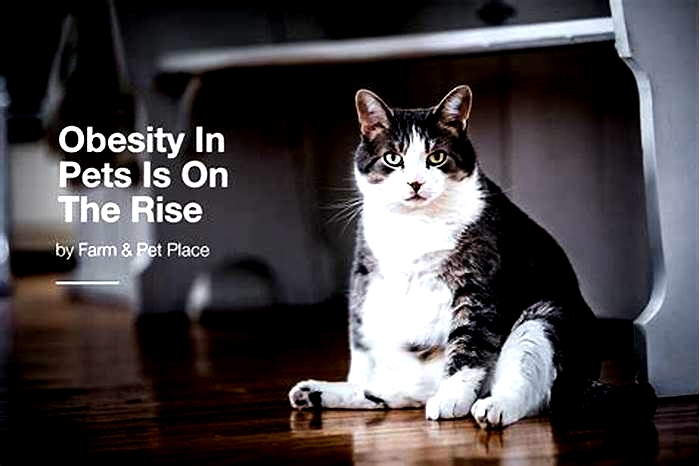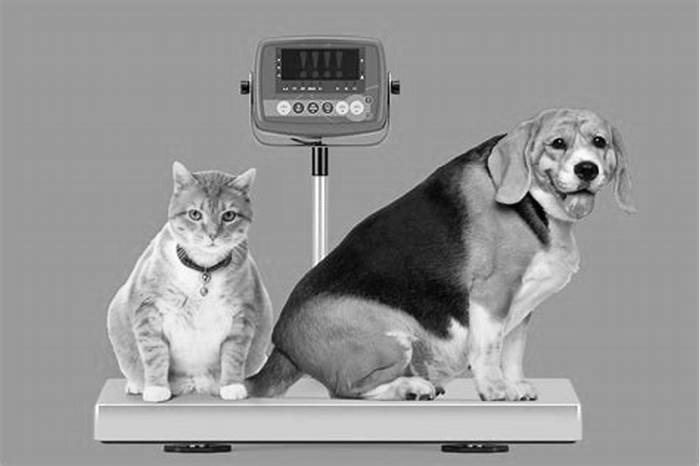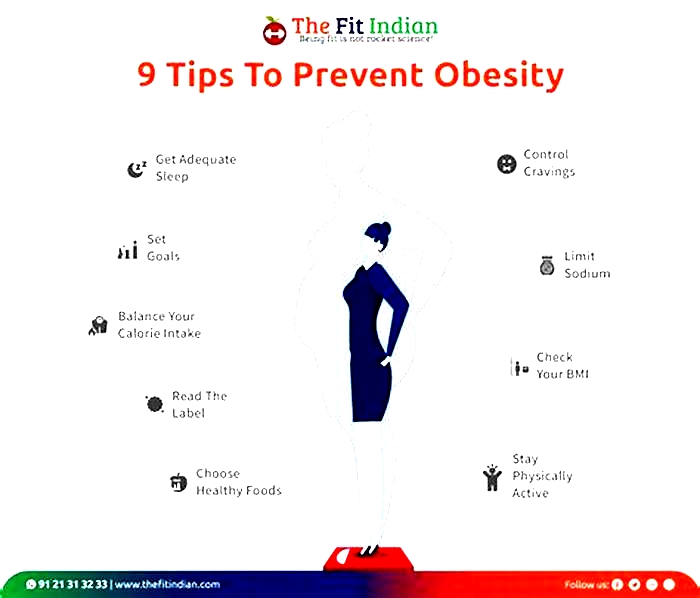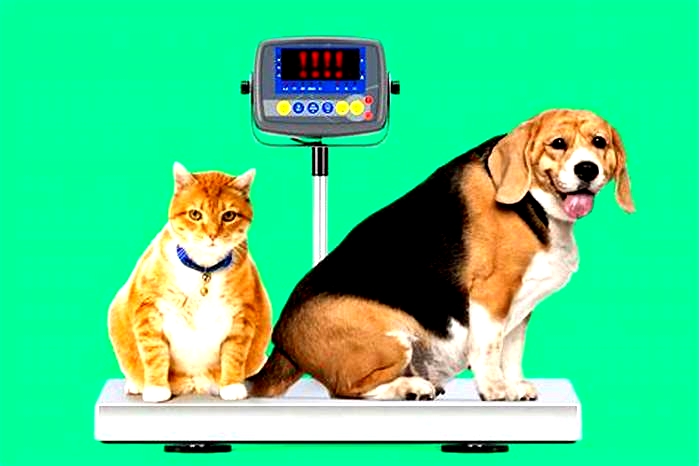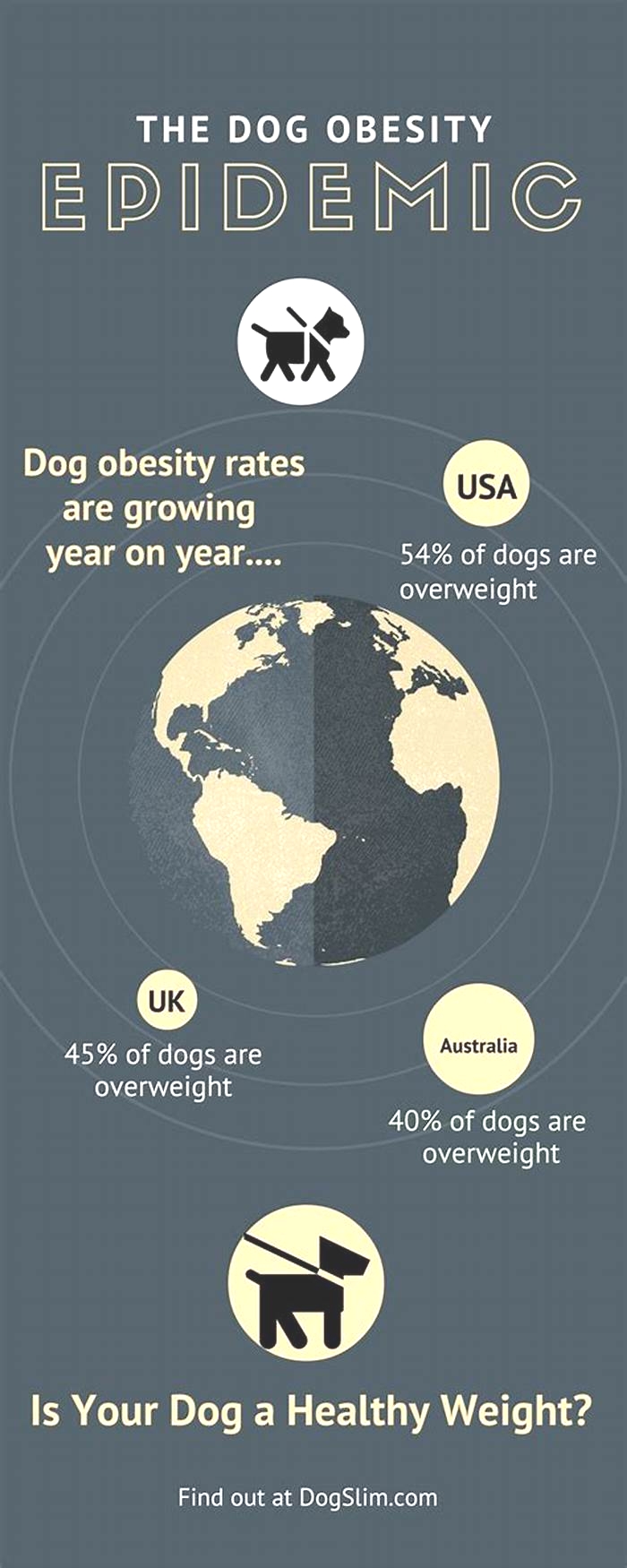Is dog obesity a problem
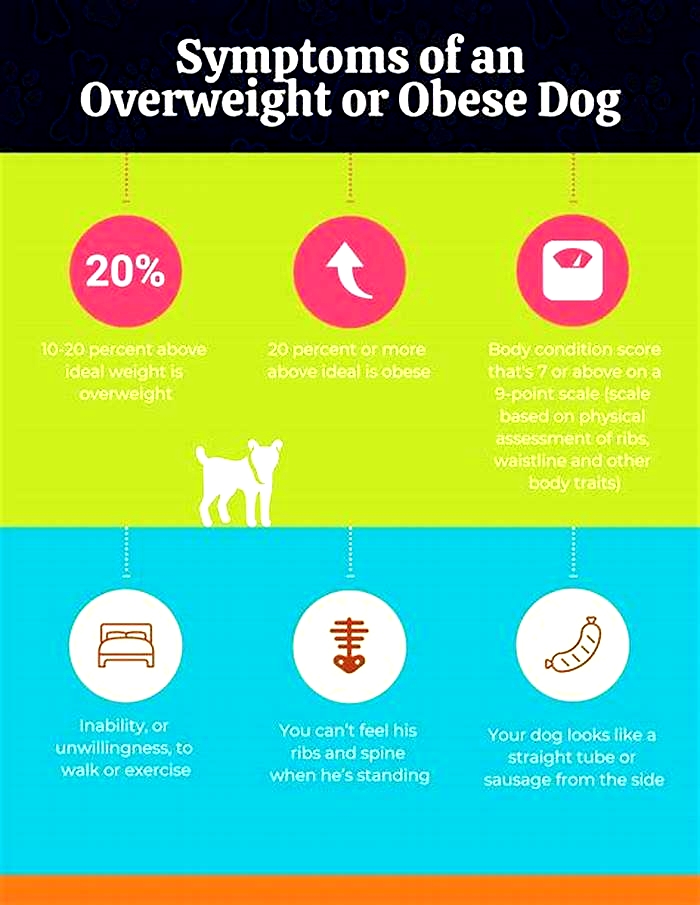
Obesity
A common problem in dogs
Obesity, or excessive body fat resulting in an overweight condition, is sadly an extremely common and preventable problem affecting our pets, with more and more cases seen every year. In fact, canine obesity is the most common nutritional disorder seen in dogs. As with humans, it's caused by an imbalance of taking in more energy than giving out.
How to know if your dog is overweight
Signs your dog is overweight include:
- owners struggling to see or feel their dog's ribs, spine or waistline
- abdominal sagging
- a bigger, rounder face
- a reluctance to go for walks or lagging behind
- excessive panting
- tiredness
- needing help getting in and out of cars
- a refusal to move or play games
Problems associated with obesity
Vets see these problems all too often, with obese pets posing greater risks from anaesthetic and surgical complications, heat or exercise intolerance, complications from cardio-respiratory disorders, hormone problems, skin disease, cancer and urogenital disorders even early death. Canine obesity may even contribute to tracheal collapse and laryngeal paralysis too.
Common canine problems suffered as a result of obesity include:
- Diabetes - where the pancreas fails to secrete enough insulin in order to regulate blood glucose levels
- Heart disease - caused by high cholesterol levels
- Arthritis - directly affecting mobility, making it even harder for your pet to lose weight
The dangers of fat
Until fairly recently, fatty tissue was thought to be just a relatively lifeless energy store and insulator; but we now know it secretes hormones affecting appetite, inflammation, insulin sensitivity and bodily function, as well as influencing water balance and blood pressure, leading to kidney disease and high blood pressure.
Factors contributing to canine obesity
Excess energy is stored primarily as fat but many other factors also contribute to canine obesity including age, sex, reproductive status, inactivity, owner's decisions on dog's food intake, diet and palatability, environment, lifestyle, and any underlying disease that impairs exercise and results in excessive weight gain. Some breeds appear to have a higher incidence of obesity, indicating that genetics may play a major part, with unneutered adult dogs often weighing less than neutered dogs of the same breed too.
Neutering
Neutering is usually carried out at a young age - the same time as a natural decrease in growth and energy needs. Oestrogen also slows down fat production, with predictably decreased levels post spaying, so owners who are unaware of this change and continue to feed their pets the same amount of food will usually see a weight gain in their dog.
Age
Like us, ageing dogs become less active, needing less daily energy too. So it's no surprise that if food intake is not decreased proportionately, they can easily pile on the pounds.
Table scraps
Feeding table scraps and other fatty treats may encourage many pets to overeat and gain excessive weight. In some adult dogs, up to half the calories they need are supplied as human food, particularly in toy breeds.
Not measuring out food
Surprisingly, some owners are still unsure about how much to feed their dog, failing to measure food accurately, and sometimes in denial about how much they feed. The size of cup used to measure dry food and the size of bowl used for feeding also affect the amount of food fed to a dog; with owners given a large cup and bowl often providing more food than when a small cup and bowl are used.
Eating with other dogs
The social setting of meals can also influence eating behaviour, with most dogs increasing their food intake when eating alongside other pets in what's known as 'social facilitation'. That said, being an 'only dog' has also been associated with the risk of obesity, which is probably due to being spoilt rotten by its owners.
Ways to prevent obesity
If your dog is overweight, then carefully start changing their feeding habits by:
- increasing exercise (e.g. taking more frequent or longer walks, or taking up a canine activity such as agility or flyball)
- looking at the type of food they eat, as well as their intake:
- create a feeding plan
- incorporate regular visits to your vet for weight loss advice and to have free weight checks
- record your success
Diet
Diets rich in protein and fibre but low in fat are typically recommended for weight loss, as it gives the dog the feeling of being full, but also provides them with more energy. Replacing traditional treats with carrot sticks is a great, healthy way to start. Ensure every family member is given their own pet feeding instructions and never leave any food lying around.
When to feed
Divide your dog's daily amount into several meals and try not to feed them too late, as they won't burn many calories when sleeping.
New foods
Remember, when introducing a new food, do it gradually over a seven-day period, mixing new food with the old, and always check the daily recommended amount.
Don't give scraps
Avoid feeding any leftovers or scraps from the table.Always check the daily recommended feeding guide on the packaging and weigh out the daily amount at the beginning of the day. You can then give 'treats' from this amount during the day, so you don't overfeed.
Speak to your vet
When your animal starts to lose weight, you will notice they are happier, more inclined to exercise, and have a lot more energy. So don't hesitate to book an appointment with your vet for advice and a healthy eating plan to help your dog battle the bulge.
Article author
This article was written byMarc Abraham, a vet based in Brighton who regularly appears on UK television.
Think your dog may be affected?
If you're worried about your dog's health, always contact your vetimmediately!
We are not a veterinary organisation and so we can't give veterinary advice, but if you're worried about any of the issues raised in this article, please contact your local vet practice for further information.
Find a vet near you
If you're looking for a vet practice near you, why not visit the Royal College of Veterinary Surgeons'Find a vetpage.
Is Obesity the Biggest Killer of Dogs?
Maintaining a healthy weight isnt just a concern for humans; its a dangerous and rising health epidemic thats putting our canine friends at risk. Apart from having vast health and wellbeing implications, obesity can cut years off your dogs life.
Being just 10% overweight decreases a dogs lifespan by one-third and predisposes them to multiple ailments such as heart, kidney and liver disease as well as diabetes, arthritis, and cancer.1
How does obesity kill dogs?
While dogs dont die of obesity, its the major cause of or a contributing factor to a raft of deadly and debilitating health conditions that can be life-altering. These include:
Cancer
Cancer is the number one killer of dogs today.2 Although pet parents have little control over age-related or genetic predispositions, there are strong links between obesity and preventable cancer in dogs.
Significantly overweight dogs are more likely to develop bladder and mammary cancer, whereas some benign types of tumors, such as lipomas, also occur more frequently in canines that are overweight. In rare cases these tumors can become malignant.3
Diabetes
Obesity can cause insulin resistance, resulting in diabetes in dogs which can be challenging to manage and can vastly reduce their quality of life.4
Heart and Lung Problems
Obesity puts strain on the cardiovascular and respiratory system, increasing the likelihood of breathing difficulties, high blood pressure and heart disease in dogs.
Joint Problems
Excess weight puts strain on a dogs joints, which can lead to arthritis, reduced mobility or lameness.5
Digestive Disorders
Overweight dogs are more prone to gastrointestinal problems, including pancreatitis and liver disease.
Immune System Suppression
Canine obesity can weaken the immune system, making dogs more susceptible to infections and other illnesses.
These conditions, combined with minor obesity-related conditions like skin and coat problems and heightened heat intolerance, can vastly affect a dogs wellbeing.
How do dogs become obese?
You dont know your dog is overweight
One problem causing the rise in canine obesity is the disconnect between a pet parents perception of their dogs condition and their actual weight. Many dog parents dont realize that their pet is at risk.
According to recent studies, 81% think their dogs weight is normal,6 whereas the data indicates the majority of dogs (56%) in the United States are overweight or obese7. Its a misconception that can pose serious risks if you dont know your dog is overweight you wont remedy the problem and could possibly exacerbate it.
As so many dogs are now overweight, it skews our perspective of a healthy dog size, says Laura Ward, DFAs nutritionist. We get used to seeing larger dogs, so that dogs of a healthy size then appear underweight. This amplifies the issue, making it more difficult for pet parents to identify their dogs healthy weight.
Nutrition and portion control
Food and feeding habits are the main cause of unhealthy dog weight gain. Poor quality, calorie-dense food can cause a dog to put on pounds, as can overfeeding or giving in to a dogs begging behavior.
Dogs are hard-wired to be scavenger eaters, meaning they feed opportunistically and are constantly on the hunt for food. This instinct, combined with bad nutrition, excessive portion sizes and a general lack of exercise, is often what tips the scale.
How do I help my dog lose weight?
Luckily, dog obesity is not a final diagnosis. There are many things we can do to avoid and reverse it.
Speak to your vet
Firstly, consult your vet. Regular check-ups are essential for early detection and an informed treatment plan. Vets can advise on a balanced, portion-controlled diet thats specifically tailored to your dogs individual needs.
Certain breeds and age groups are more prone to obesity, whereas anything from muscle condition to neutering can also affect your pets nutritional needs,8 so a professional opinion is a key part of learning your dogs individual risk factors.
Change their feeding habits
Addressing the food you choose and how much your dog eats is the most effective way to address and prevent obesity. If youre looking to bring their weight down, a dietary change can help.
I recommend a food which contains quality protein sources, reduced fat and calories, combined with high fiber, to help dogs feel full for longer, says Laura. After all, hungry dogs are going to scavenge or beg more, which is counter productive for weight loss measures.
Weight loss specific foods contain more vitamins and minerals to make sure that when smaller portions are fed, nutrients are provided in the quantities needed.
You can check out our list of Best Dog Foods for Weight Loss or our Best Fresh Dog Foods and Best Dry Dog Foods, many of which offer a portion-controlled subscription service.
Treat monitoring can also help: avoiding high calorie processed dog treats and opting for fresh vegetable rewards like cauliflower, broccoli and kale.9
Make sure they take regular exercise
Staying active is key to your dogs general wellbeing and experts recommend a minimum of 30 to 45 minutes of exercise every day, although more is preferred. It can be anything from a walk to a run, a game of fetch or climbing some stairs. The important thing is to keep your dog on the move regularly.
For pets already experiencing joint discomfort from their weight, canine water therapy can help. Hydrotherapy allows dogs to strengthen and condition their muscles and build endurance10 without placing stress on their joints, making it easier to get their fitness levels back on track.
Monitor your dogs weight
You wont know if your efforts are working and your dog is losing weight healthily without regularly recording what their weight is. If you cant do this at home, you can get it done at your vet, groomer or even some pet stores.
Getting your dog on the scales regularly allows you to see any differences in their weight, says Laura. Combined with photos, this is great to track their weight loss progress over time and see whats working and what isnt.
Dont panic
As pet parents, its our responsibility to keep an eye on the health and wellbeing of an overweight dog. Obesity does need immediate attention, but its something that can be reversed gradually with a little love and care. If youre unsure whether your dog is at risk, see your vet for a professional opinion. After all, a healthier dog will mean happier days together for years to come.

